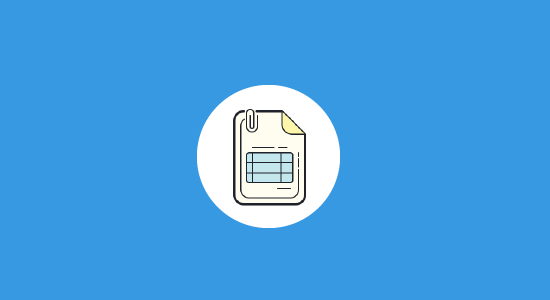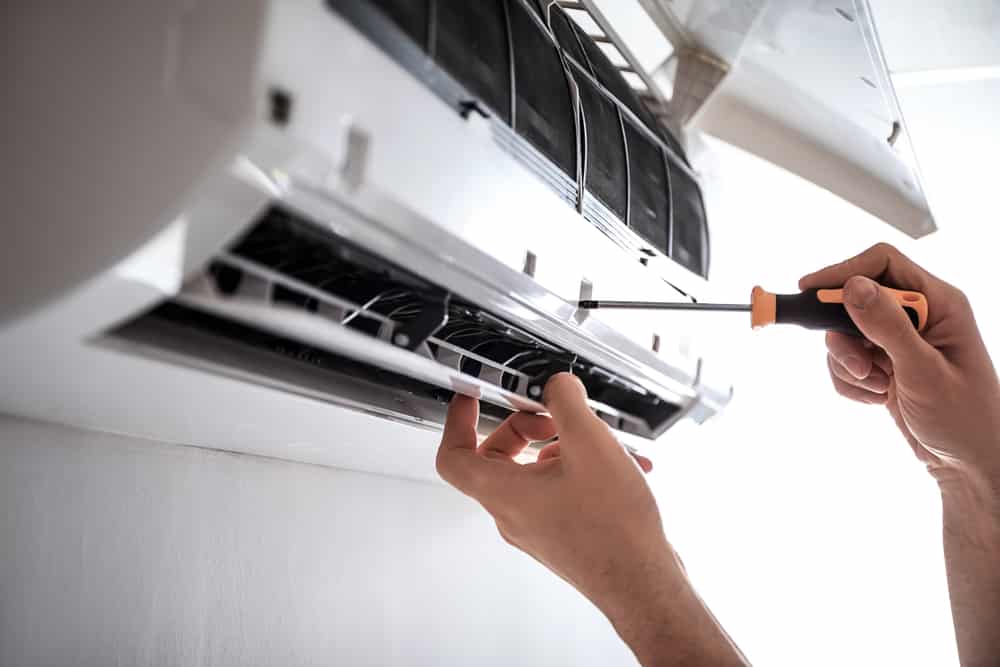Depression affects millions of people. Many try antidepressants, therapy, or both. Some feel better. Many don’t. The delay in seeing results makes things harder. People want options that work faster and with fewer side effects.
Ketamine therapy is now being used to treat depression in a different way. Unlike common pills, ketamine can work in a few days. It targets different parts of the brain. It’s also paired with therapy. This mix helps you heal mentally and emotionally.
Some providers now offer this service online. For example, isha.health gives patients a full plan to do at-home ketamine sessions with virtual support. Their team checks if you qualify and ships doses to your home. You take the medicine under care and get follow-up therapy.

Why Ketamine Works Faster
Ketamine works on a brain chemical called glutamate. This is different from most antidepressants, which focus on serotonin. Glutamate helps the brain make new links. This process is tied to mood and thinking.
That’s why ketamine is called a fast-acting depression treatment. Many users feel lighter or calmer within days. Some see results after one or two sessions.
It isn’t just about the medicine. Ketamine-assisted psychotherapy is key. You take the dose, then talk with a therapist. The medicine lowers your guard. That helps you open up during therapy.
How Online Ketamine Treatment Works
Online ketamine treatment starts with a screening. If approved, you receive measured doses at home. Each one is placed under the tongue and kept there for a set time. You lie down, relax, and let it work.
A session lasts about one hour. You may wear an eye mask and listen to soft music. Some people feel calm. Others think about deep parts of life. A few may cry or reflect on past events.
After the session, a therapist helps you talk through the experience. This is where growth happens. These talks help you change how you think and feel.
What to Expect in a Ketamine Plan
Most plans offer six to eight sessions across several weeks. Each session builds on the last. The dose may start low and increase if needed.
You’re not left alone. Licensed doctors and therapists guide each step. Your health and safety come first. If side effects happen, they help manage them.
Telehealth mental health services like these are easier than clinic visits. No travel. No waiting rooms. You get care from your own home.

Is Ketamine Safe to Use at Home?
Yes, but only when done under care. You must pass a health check. People with certain medical issues may not qualify.
Once cleared, you’ll get full support. The provider checks on you often. Some sessions may be supervised. Others are followed by a call.
This is not a DIY setup. Safety steps are built into every part of the plan.
Who Might Benefit the Most?
Ketamine therapy for depression helps people who haven’t found relief with other methods. It may help if you:
- Tried SSRIs without much change
- Feel stuck in harmful thoughts
- Want quick relief without daily pills
- Have anxiety mixed with depression
Some people also use ketamine to ease off old meds. But this must be done slowly and with help.
Why Choose Teletherapy Over In-Clinic Care?
Getting treated at home is easier. You’re in a space where you feel safe. No need to drive or take time off work.
This makes care more steady. It also saves money for many. Plus, telehealth mental health services are growing fast. They are now trusted by both doctors and patients.

How Fast Can You Expect Results?
Some feel better after one session. Most notice change after two or three. By the end of the first month, many feel more stable.
Keep in mind—results vary. But this treatment tends to work quicker than most.
The goal is not just quick relief. It’s about long-term change. Therapy plays a big role. It helps you make sense of what you feel during sessions.
Final Notes
Depression makes life heavy. For many, standard treatments fall short. Ketamine-assisted teletherapy gives a new option. It works faster, helps your brain heal, and supports you with care.
If you’ve tried other things and still feel stuck, this may be worth a look. The mix of medicine and therapy can help you move forward—safely and with support.



